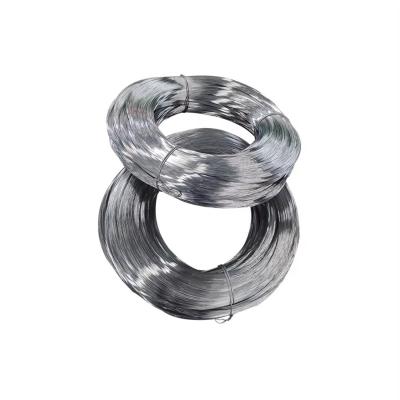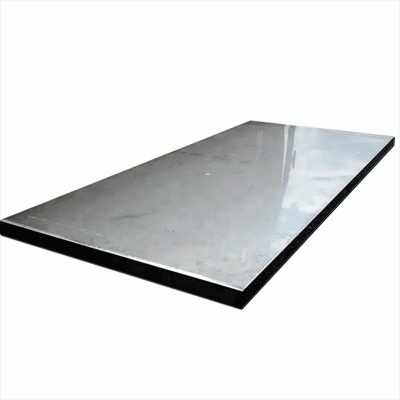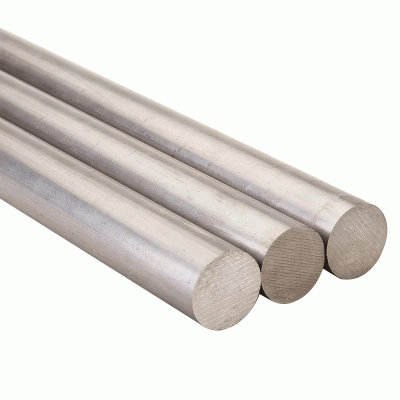Inconel 600 Alloy High Temperature And Oxidation Resistance Properties
Inconel 600 alloy has the following properties.
1. good resistance to corrosion by reducing, oxidizing and nitriding media
2. good resistance to stress corrosion cracking at both room temperature and high temperature
3. good resistance to dry chlorine and hydrogen chloride gas corrosion
4. good mechanical properties at sub-zero, room temperature and high temperature
5. has good creep fracture strength, recommended for use in working environment above 700 ℃.
Metallographic structure of Inconel 600:
Inconel 600 is a face-centered cubic lattice structure.
Corrosion resistance of Inconel 600:
Inconel 600 alloy has corrosion resistance for various corrosive media. The chromium composition gives the alloy better corrosion resistance than Ni 99.2 (alloy 200) and Ni 99.2 (alloy 201, low carbon) under oxidizing conditions. Also, the higher nickel content gives the alloy good corrosion resistance under reducing conditions and in alkaline solutions, and provides effective protection against chloride-iron stress corrosion cracking. Alloy 600 has good corrosion resistance in organic acids such as acetic acid, acetic acid, anthranilic acid and stearic acid, and moderate corrosion resistance in inorganic acids. It has excellent corrosion resistance in high purity water used in primary and secondary cycles in nuclear reactors.
Inconel 600 is particularly resistant to corrosion by dry chlorine and hydrogen chloride at application temperatures up to 650°C. At high temperatures, the alloy in the annealed and solution-treated states has excellent resistance to oxidation spalling and high strength in air. The alloy is also resistant to ammonia and nitriding and carburizing atmosphere, but the alloy will be corroded by some oxidizing media (such as green death solution) when the redox conditions alternate
Inconel 600 alloy applications.
1. thermocouple bushings in erosive atmospheres
2. Vinyl chloride monomer production: resistance to chlorine, hydrogen chloride, oxidation and carbonation corrosion
3. Uranium oxidation conversion to hexafluoride: resistance to hydrogen fluoride corrosion
4. Corrosive alkali metal production and use areas, especially the use of sulfide environment
5. Titanium dioxide production by chlorine gas method
6. Production of organic or inorganic chlorides and fluorides: resistance to chlorine and fluorine corrosion
7. Nuclear reactors
8. Heat treatment furnace bent neck bottle and components, especially in the carbonization and nitriding atmosphere
9. Catalytic regenerators in petrochemical production in applications above 700°C. Alloy 600 is recommended to obtain a long service life.



